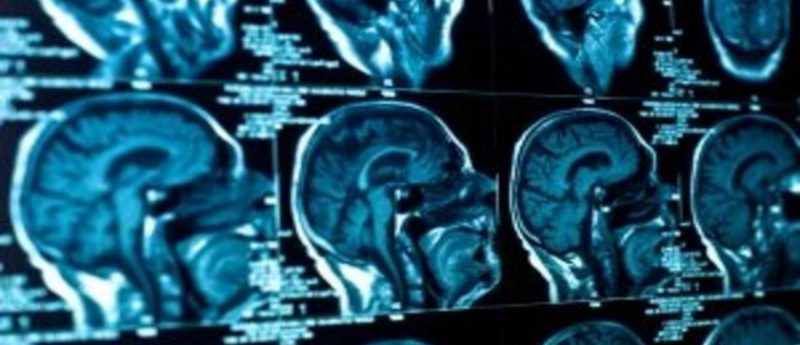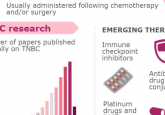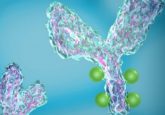Pharmacological interventions to treat or prevent neurocognitive decline after brain radiation

After surgery, radiation is the most effective treatment for the majority of brain tumors in both children and adults. Although improvements in radiotherapy delivery and targeting have resulted in reduction in neurologic morbidity, radiotherapy is still associated with acute and late toxicities that are dependent on a variety of treatment- and patient-specific variables. Variables of treatment include radiation dose, fractionation, volume, technique, photons or protons, and concomitant or adjuvant chemotherapy. Patient- and tumor-specific variables include tumor type, location and patient age. Side effects of treatment are also variable and can range from mild fatigue to significant memory difficulties and even death. This review will focus on the hypothesized mechanisms of cognitive dysfunction after radiation therapy and will discuss possible intervention strategies including behavioral and pharmacological prevention and treatment.
Click here to view full article.




